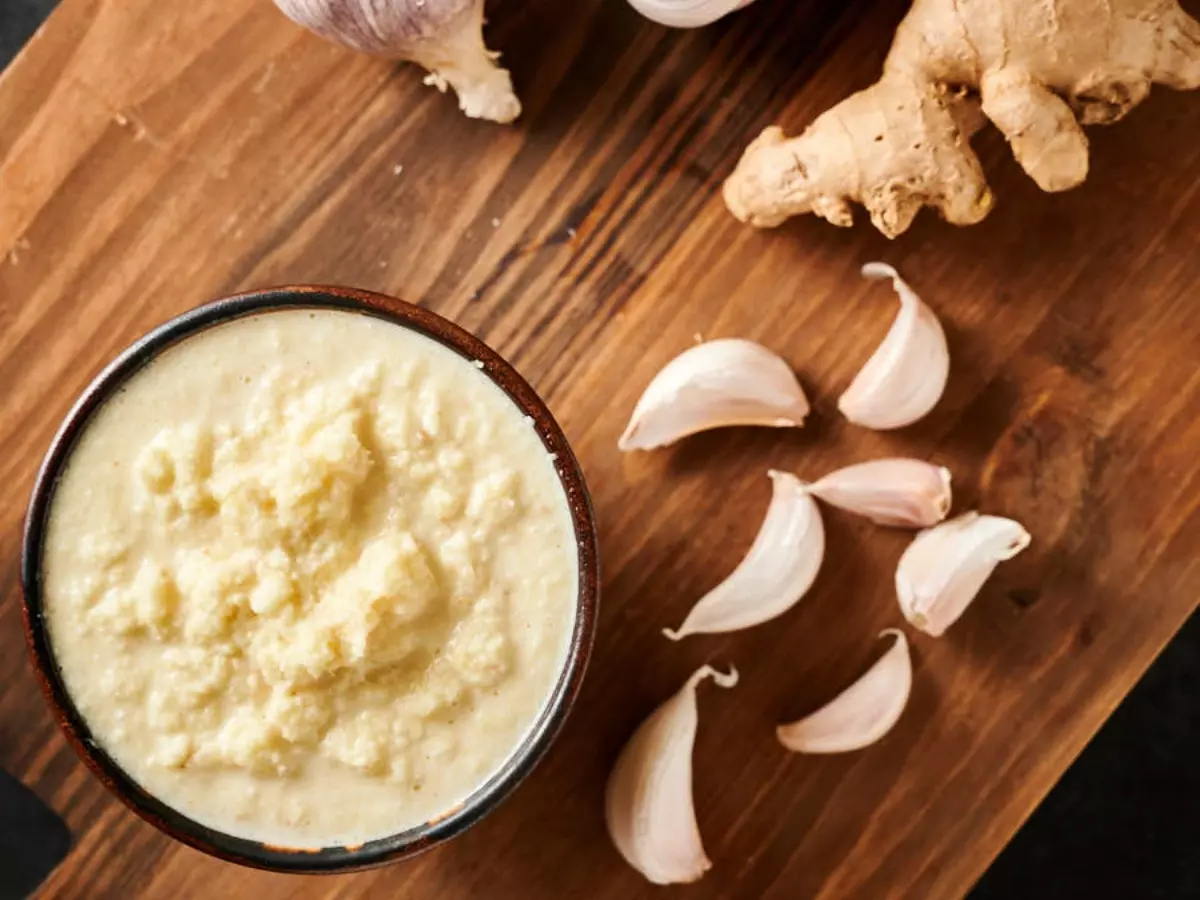Here's How To Maintain A Healthy Diet Before, During And After Getting Infected With COVID
Vitamin A, vitamin E, vitamin C, minerals such as zinc, copper, iron, selenium are known to influence the immune responses.

Good nutrition is very important before, during and after an infection. While no foods or dietary supplements can prevent COVID-19 infection, maintaining a healthy diet is an important part of supporting a strong immune system.
Eat well
Eat a variety of foods to ensure adequate intake of important nutrients.
Energy-rich foods: These foods are a source of carbohydrates that provides energy to the body. It includes cereals (wheat, rice, maize, etc), fats/oils, sugars
Body building foods: These foods provide protein to the body. Pulses (all dals, beans, legumes), animal foods (eggs, meat, poultry, fish), milk and milk products. Requirements of proteins also increase during infection for the proliferation of immune cells and the synthesis of chemical compounds
 Unsplash
Unsplash
Protective foods: These foods are the sources vitamins and minerals that play a significant role in immunity. Seasonal fruits and vegetables (dark green leafy, yellow and orange coloured, citrus, and other fruits). Vitamin A, vitamin E, vitamin C, minerals such as zinc, copper, iron, selenium are known to influence the immune responses.
Immunity boosters
Ayurvedic Immunity Promoting Measures:
? Drink herbal tea / decoction (Kadha) made from Tulsi (Basil), Dalchini (Cinnamon), Kalimirch (Black pepper), Shunthi (Dry Ginger) & Munakka (Raisin) - once or twice a day. Add Jaggery (natural sugar) and / or fresh lemon juice to your taste, if needed.
? Golden Milk- Half tea spoon Haldi (turmeric) powder in 150 ml hot milk - once or twice a day.
 Getty
Getty
? Add Ginger and Garlic to cooking
? Drink warm to normal water and keep hydrated
Healthy Tips:
? Do not skip meals and divide your daily calories in to 5-6 small meals
? Use whole grain cereals, whole grams and pulses, whole wheat porridge, whole wheat bread, oats etc. to incorporate fiber in your diet
? Supplement wheat with whole channa and do not sieve flour (wheat and channa 4:1 ratio). Mix rice with whole grams or dals in a ratio of 1:1 to incorporate fiber
? Consume at least 4-5 servings of fresh green vegetables and fruits/day
 Getty
Getty
? Use olive /canola/ rice bran / soy /mustard oil. Change oils in couple of months.
? Almonds, walnuts, flax seeds are good sources of antioxidants include in everyday diet
? Water intake: 2 litres/day
? Limit intake of excess salt, processed and preserved foods
? Avoid eating from out
? Restrict alcohol, tobacco and smoking
An adult with no pre-existing disease and with no co-morbities (like hypertension, diabetes, chronic kidney disease, cardiac disease) have a 2000 calorie diet plan.
 Medanta
Medanta
Persons with any comorbidity and any underlying condition should take
consultation from professional (Doctor/ Dietician/ Nutritionist) for their
individualized diet plan.
